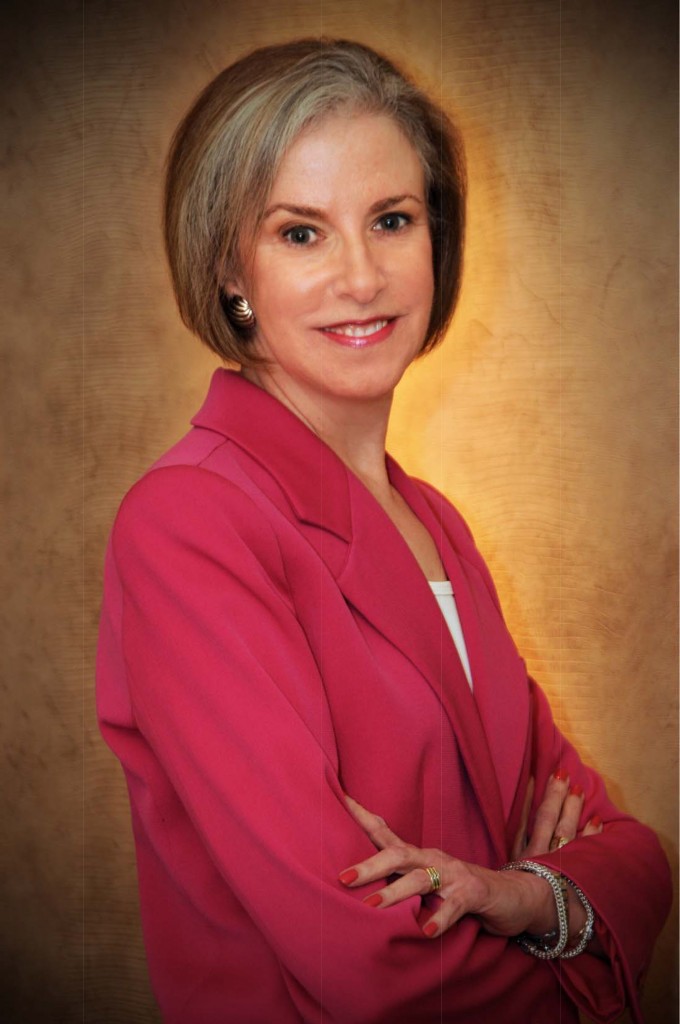I had lunch a couple of weeks ago with two young agents celebrating a deal we had just completed. They asked if I had any advice for them, as they have only been in commercial real estate for three years. We talked about saving for living expenses and participating in their company’s retirement program, and they said that they had heard the same advice from other experienced brokers. However, the more I thought about it, the more I realized I should have discussed how to become rich in this business. (Hint: It’s not just by making a few big deals.)
There are a lot of savvy commercial real estate brokers, who very quietly have amassed a lot of personal money. But how did they do it? Here are a few of my suggestions to become long-term wealthy in this business:
• You don’t get rich fast. It is often said that “the first million is the hardest.” Make a plan with realistic goals and stick to it. If you need help making a plan, tap a financial advisors or banker to assist you.
• Don’t spend all of your big commission check. If you get a big commission, you need to save the majority of it. Keep some in cash, invest some, and put the rest into a retirement account.
• Manage your cash for bad times and big purchases. With cash, try to save at least two to three years of living expenses. Consider placing the reserve money in certificates of deposit spread out over 12 months. They are a pain to keep up, but they pay more in interest than a money market account and give you access to your money every month. Keep money for big purchases separate from your reserves. That way you won’t be tempted to spend the funds you may need for your living expenses during the lean times.
• Buy insurance. If your company doesn’t offer it, buy disability insurance on your own. In addition, you should have life insurance and liability insurance. You need to be sure you’ll have income if you become disabled, your family will need money if you are no longer around to support them, and liability insurance is important if someone trips and falls on the front walk at your house.
• Don’t buy or lease an expensive new car. If you want a high-end car, buy a used model. New cars lose significant value as soon as you drive them off the lot. Plus, here is a word of advice from my mother: “Never drive a car nicer than your boss’ or your clients’.” (My mother has another wise saying: “If you have to park your car at the end of the lot far away from everyone else to avoid dings, then you can’t afford the car.”)
• Don’t stretch your finances to buy an expensive house that you realistically can’t afford. Buying a house that is below your income-to-debt ratio means you can easily make payments and have money for repairs and maintenance. A good banker can help you determine how much debt you can easily manage.
• Pay off your mortgage as quickly as possible. Having a 15-year mortgage saves you huge amounts of interest. You can also have a 30-year mortgage and make larger payments. In either case, not having a mortgage is a huge relief during one of the evitable downturns in commercial real estate. It also means your house becomes a true asset on your financial statement.
• Eliminate debt. College loans and credit card debt mean that your valuable income is going toward interest payments and not savings or purchases of something you really want. Ongoing credit card debt is a true waste of money.
• Invest in your health. If your company doesn’t provide health insurance, purchase it. Have a doctor who helps you maintain your health and who is available when you get sick.
• Invest in your career. Go beyond completing just the minimal level of education to keep your license. Attend meetings and seminars, join professional associations, and read everything you can get your hands on about the commercial real estate industry. Network with those in your industry, and also those who are not. Additionally, get your broker’s license. It is a good addition to your resume and will allow you to keep doing deals if you find yourself unaffiliated with a company.
I wish someone had given me all of this advice when I started out in commercial real estate. It would have saved me a lot of sleepless nights during tough times, and put me on the road to my first million a lot sooner.
In addition to working with nonprofit organizations in her brokerage company Solender/Hall, Inc., Eliza Solender serves on the board of directors of Community Trust Bank.
This article was originally posted in DMagazine Commercial Real Estate

